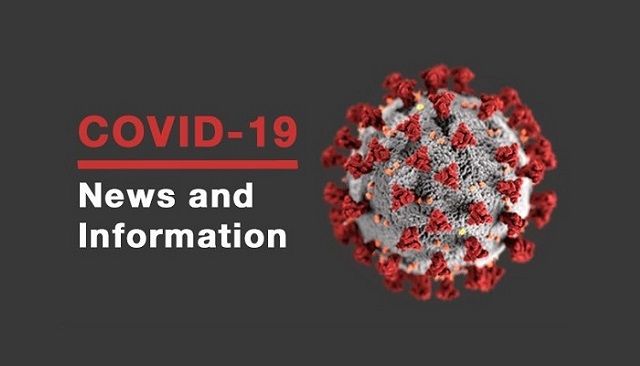Risky-Sexuality and the Perceptual Assessment of the Intervention Constituencies: A gender Analysis of Lagos’ School-based Adolescents
Reproductive Health
30
Issue: 2
(11 - 2016)
The inadequacies of the typical study designs and the parameters employed in the performance-
assessment of adolescents’ sexual-behavioural interventions in the context of HIV/AIDS, provoked this
study. It examines risky-sexuality of gender-categorized adolescents; their access to intervention actors
and relevance-ascription to existing interventions, classified by originating constituencies. Using a
questionnaire administered by purposive-cum-random sampling techniques to final-year Senior
Secondary School students, in Lagos, Nigeria, it collected information on parental backgrounds;
personal sexuality attributes; exposure to agents-cum-instruments of sexual behavioural re-orientation;
and personal assessment of benefitted interventions from the specified constituencies. Findings indicate
that both genders which converge appreciably on some personal/parental attributes, contrast on risky-
sexuality attributes, and in their relative exposure to constituency-differentiated interventions. Statistical
hypothesis shows both genders contrasting on relevance-ascription to intervention constituencies. The
study conclusively canvassed for improvement in male-intervention attention, including extending the
current analytical-purview to include correlate-analysis of relevance-ascription, and other concerns that
broaden intervention-researches’ usefulness.
Keywords: Adolescent, Interventions agents, Intervention Constituencies, Risky-sexuality.
0


